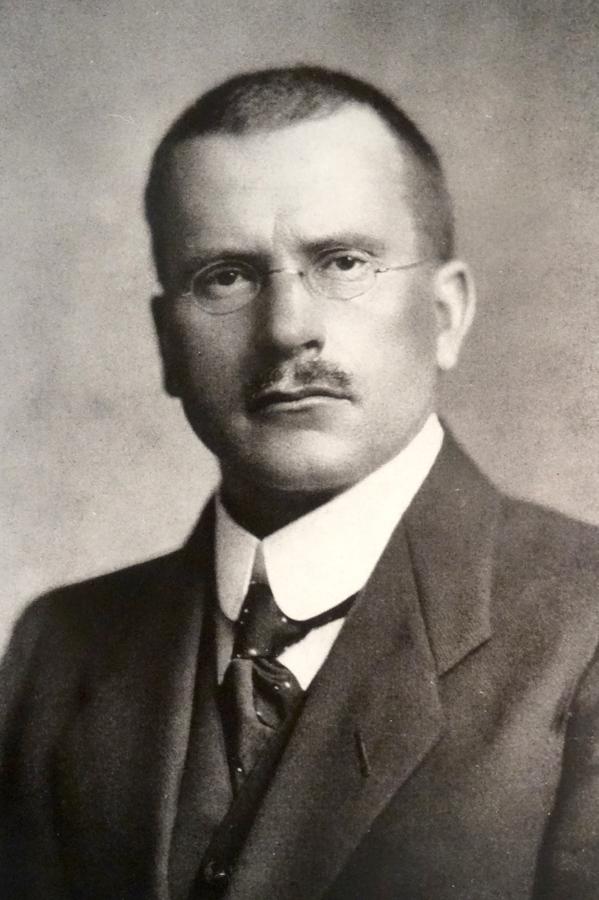HandWiki:Front/FeaturedArticle: Difference between revisions
From HandWiki
MainEditor (talk | contribs) No edit summary |
MainEditor (talk | contribs) No edit summary |
||
| Line 1: | Line 1: | ||
<div style="text-align:center; margin-bottom:10px;">'''Featured Article'''</div> | <div style="text-align:center; margin-bottom:10px;">'''Featured Article'''</div> | ||
[[ | [[File:CGJung.jpg|frame|link=Philosophy:Synchronicity|Carl Jung]] | ||
'''Synchronicity'' is a concept first introduced by analytical psychologist Carl G. Jung to describe circumstances that appear meaningfully related yet lack a causal connection. In contemporary research, synchronicity experiences refer to one's subjective experience that coincidences between events in one's mind and the outside world may be causally unrelated to each other yet have some other unknown connection. | '''Synchronicity''' is a concept first introduced by analytical psychologist Carl G. Jung to describe circumstances that appear meaningfully related yet lack a causal connection. In contemporary research, synchronicity experiences refer to one's subjective experience that coincidences between events in one's mind and the outside world may be causally unrelated to each other yet have some other unknown connection. | ||
''[https://handwiki.org/wiki/Philosophy:Synchronicity Read More]'' | ''[https://handwiki.org/wiki/Philosophy:Synchronicity Read More]'' | ||
[[Category:HandWiki help]] | [[Category:HandWiki help]] | ||
Revision as of 07:40, 11 September 2024
Featured Article
Synchronicity is a concept first introduced by analytical psychologist Carl G. Jung to describe circumstances that appear meaningfully related yet lack a causal connection. In contemporary research, synchronicity experiences refer to one's subjective experience that coincidences between events in one's mind and the outside world may be causally unrelated to each other yet have some other unknown connection. Read More

